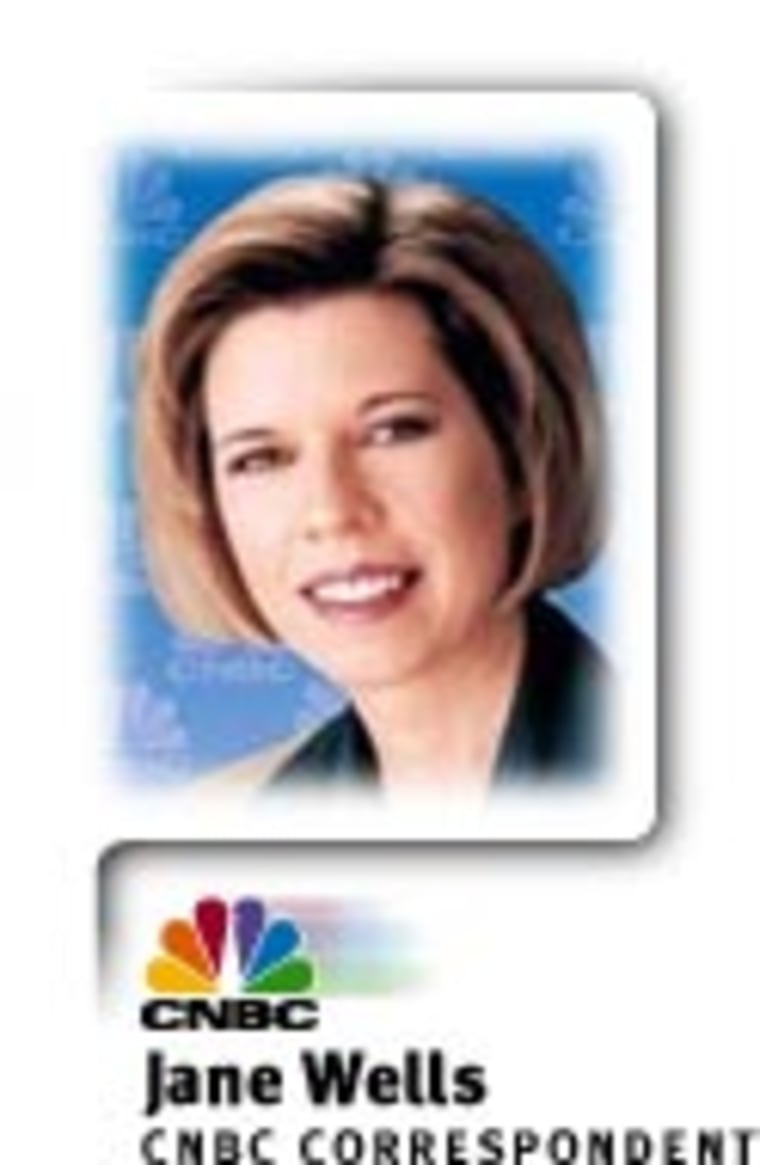Marc Maiffret works for eEye Digital Security, making sure computer networks aren’t hacked. But don’t call him the Vice President of Internet Security, or even Chief Security Officer. His title: Chief Hacking Officer.

SOUND A LITTLE offbeat? It shouldn’t. Everywhere you turn these days there’s another chief.
It used to be there was just a CEO and a CFO. But over the last decade, boardrooms have added a lot more ‘C’ titles.
Kodak, which already has several chiefs, just added one more: Chief Governance Officer. That’s a big one now, perhaps to avoid litigation. Companies like Tyson Foods have named a Chief Environmental Officer, and Yum! Brands, has a Chief Scientific, Health & Regulatory Affairs Officer — perhaps a fancy way of saying a Chief Anti-Fat Officer.
Everyone, it seems, wants to be chief, and chief executives are ready to share some accountability. General Electric, the parent company of CNBC, has a Chief Knowledge Officer, and Dell Computer has a Chief Ethics Officer.
Cisco has a Chief Demonstration Officer; Sun Microsystems has a Chief Competitive Officer, and IBM has a Chief Privacy Officer.
But when do you have too many chiefs? Management experts say as long as the chief is really in charge of something, that’s fine. But when the chief has a no real job, that’s just title inflation.
Some chiefs says the title makes sense when you can draw a direct line between a their jobs and a company’s business strategy. A chief’s title, though, can be also great marketing tool and send a message inside the company as well.
At Extreme Logic, Mike William’s business card says Chief People Officer. In another company, Williams would be called Vice President of Human Resources. But he says Extreme Logic decided to create a Chief People position to focus less on the administrative aspects like payroll and benefits, and play up its investment in developing its people, including “areas of recruitment, the areas of ongoing skill development as well as growth in leadership,” he said.
But does a chief by any other title make just as much cash? Some report they did get a raise along with their promotion to chief. But others just get the title to make them feel better when the company can’t give them more money.
And if you want to understand why so many boardrooms are filled with chief officers, you don’t have to look further than your local Denny’s.
In a world where boardrooms have been adding lighter titles like Chief Yahoo, Chief Fun Officer, Denny’s came up with what has become one of the most prevalent new “chief” titles. But his one wasn’t for laughs: It was the direct result of a class action discrimination lawsuit. In fact, Ray Hood-Phillips was the first Chief Diversity Officer in America.
“I’ve been the Chief Diversity Officer for Denny’s since April, 1995,” she said. “I’m responsible for driving the cultural and the structural change throughout the whole organization. And I take diversity and leverage it into a business advantage of the company.”
If that sounds like a lot of New Age management talk, Hood-Phillips says Denny’s has gone from worst to first in the last few years as a workplace for minorities. And chief diversity officers now sprinkle corporate America.
“I don’t think this spread would have occurred if we hadn’t had so much recent contemporary focus on the chief executive officer and chief financial officer,” said UCLA professor David Lewin. He said the Sarbanes-Oxley Act expanded the need for accountability.
And it appears the whole “chief” thing is uniquely American. The title isn’t used much outside of the U.S., but then neither is General Manager or Vice President. The person in charge at a European company is usually called a Managing Director.
So why be chief? Ray Hood-Phillips says it tells people where the buck stops.
“If I think of the position of Chief Financial Officer: That person is ultimately and totally responsible,” she said. “That person’s the chief.”